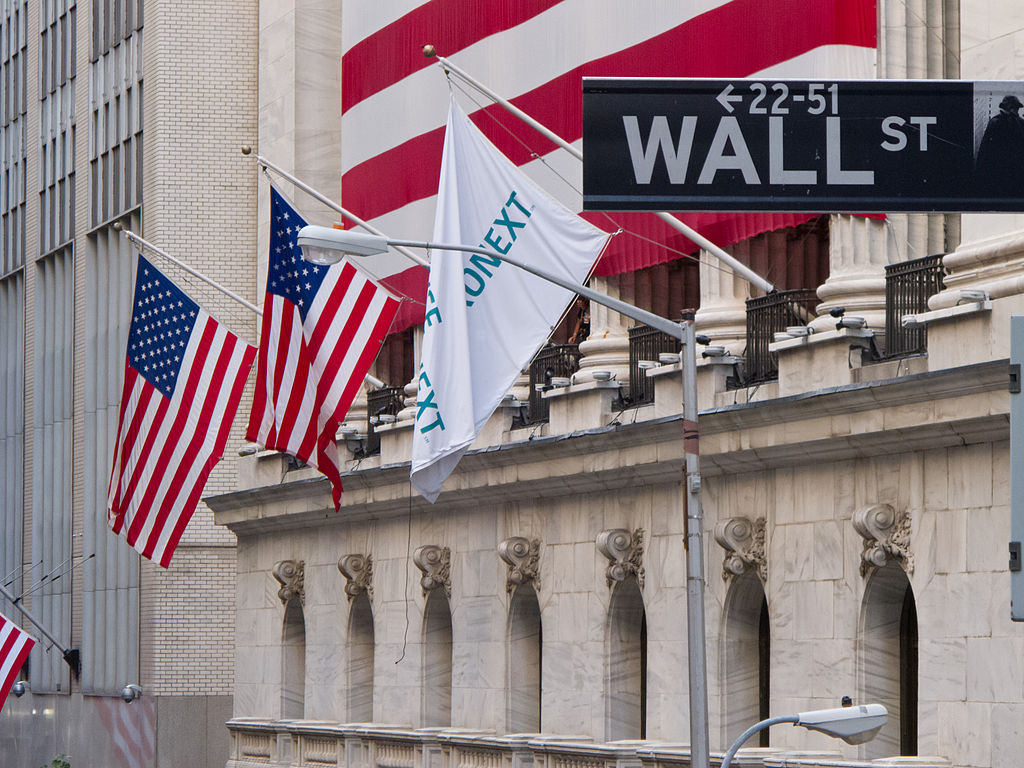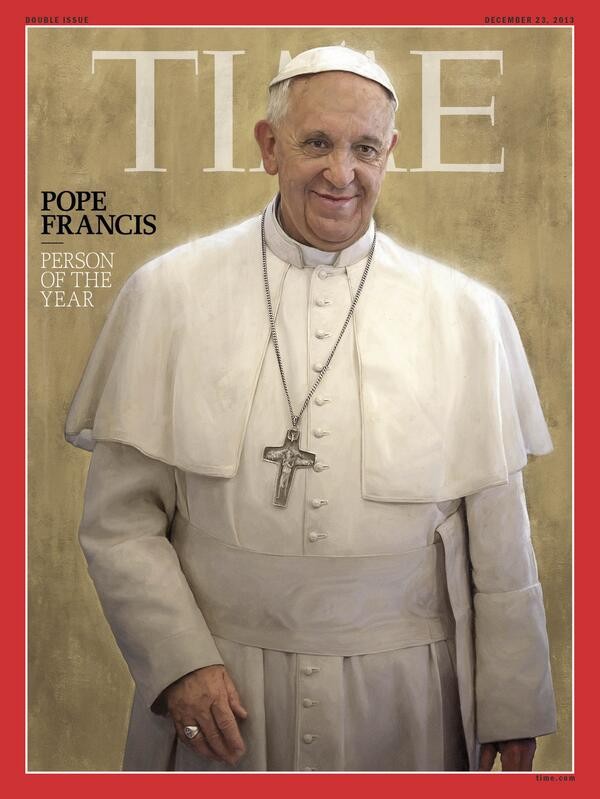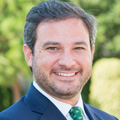The Emperor is naked
A recent article in The Economist suggested that Pope Francis’ warnings about the current economic system should be paid attention: “Francis may not be offering all the right answers, or getting the diagnosis exactly right, but he is asking the right questions. Like a little boy who observes the emperor’s nakedness”.

Pope Francis has repeatedly been on the front page of the international press this past year. Always surprising in his actions, he is quite consistent in his words. One of his most quoted opinions is about economics: “the idolatry of money leads to a throw-away culture that discards people and ultimately kills: money must serve, not rule!,” or, in other words,“the emperor is naked!” “Francis,” says the The Economist, “does not pretend either to be an academic philosopher, political scientist or economist; he is a more intuitive figure and his intuitions are often sound.”
The Prophet at the gate
Why listen to a religious leader anyway? I once interviewed Joseph Weiler, an American Jew and a prominent legal scholar who defends the place of Christianity in European culture. I asked him what should be the role of religious authority in society. Without dismissing other options, he told me that he preferred religious leaders to be “the Prophet at the Gate.”
For that reason I see Pope Francis as a prophet ‘knockin’ on markets’ doors’ – calling for a dramatic change at the gates of our economic system. Ancient prophets always faced idolatry by urging the people to worship the true God.
An obvious reaction might be – since he is a prophet – to think that his message must be a matter of each person’s conscience – a call to some kind of moral conversion. He must be saying something like: “Be fair in your business practice and take care of the poor in your private life. Do not make money your ultimate objective.” But he is quite specific in saying: no, this is not only a matter of personal morals or of abiding by the current law and regulations: “the socioeconomic system is unjust at its root!” This is a call that he repeats to politicians and economic powers, and one which obviously demands a change in hearts and minds in the first place, but ultimately also a change in structures, namely in how financial economy relates with real economy – and that is another business.
Interpreting the parable

Especially in the US, some have reacted in defense of the free-market system, pointing out that the main obstacle to development is political corruption, which is to be found more deeply rooted in state-controlled economies, like that of Argentina. Others invoke the Pope to back their Keynesian economic agenda. And there are even those who – from an Austrian economics perspective – simply deny that a free-market economy exists at all in today’s world. Well, those are debates worth having. But, how should we interpret the Pope’s invectives?
He is an honest man, who empathizes with the poor and those in need in a way that macroeconomic figures cannot provide. His Latin-American socio-political background has to be taken into account – as Cardinal Müller, one of his closer aides, has recently stressed in an interview. More importantly, however, everyone should be aware that the Pope himself does not want to enter into the specifics of this debate.
Getting things done
In a word, Francis is more interested in guaranteeing that the diagnosis effectively ends up with treatment that could relieve those who are currently systematically disregarded – the young, the hungry, the poor, the unemployed, the elderly and the sick. I obviously do not have a solution to these problems.
With this post I just wanted to point out that after the financial crisis ethical behavior standards are still low, and – except for some new regulations – little seems to be changing in the culture of finance.
In the meantime people around the world are paying the consequences and discomfort grows everywhere. But there is also good news; not everything is negative. Two weeks ago, we held a conference at IESE on these issues (ethics in finance and accounting), and this was opened precisely by quoting some words by the prophet who is not only knockin’ on markets’ doors, but also on governments’ and regulators’.


